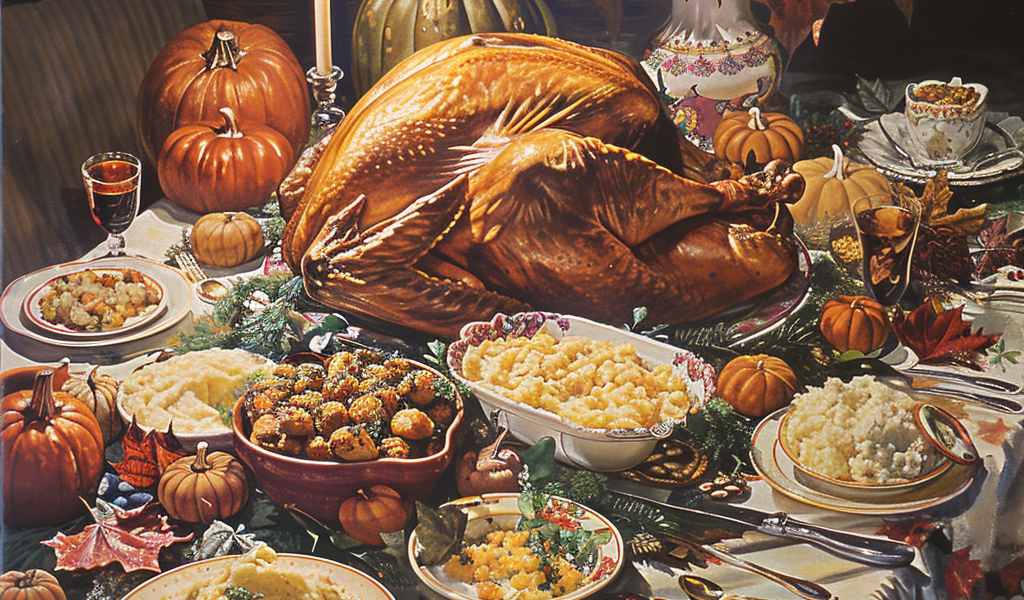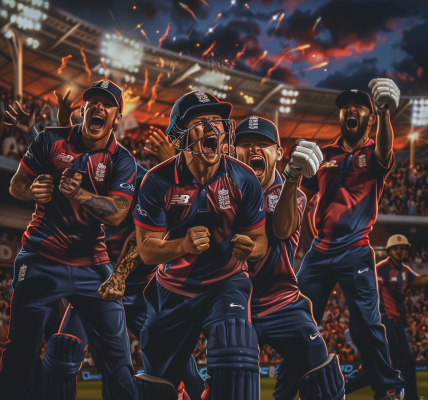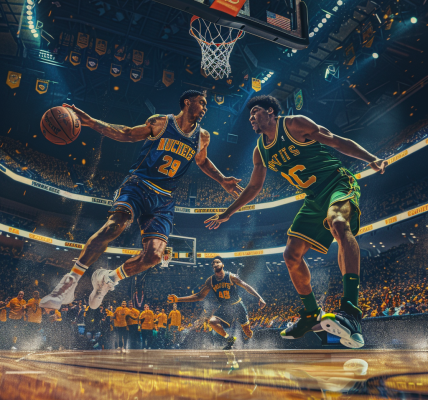In a surprising revelation during a recent episode of the “BIG PLAY” podcast, Cleveland Browns quarterback Jameis Winston expressed his strong aversion to mashed potatoes, a dish commonly associated with Thanksgiving celebrations. Winston’s candid remarks have sparked discussions about food traditions and preferences, particularly during the holiday season.
Winston, who is known for his colorful personality both on and off the field, stated emphatically, “Please don’t bring mashed potatoes to Thanksgiving.” This statement challenges the widely held belief that mashed potatoes are a staple side dish for the holiday feast. Instead, Winston suggested that he would prefer a baked potato, which he believes is a more fitting option for the occasion.
The quarterback’s comments have ignited a debate among fans and food enthusiasts alike. While many consider mashed potatoes to be an integral part of the Thanksgiving meal, Winston’s stance raises intriguing questions about culinary traditions and personal preferences. He further elaborated, stating, “I really don’t think it’s a staple; it’s just mashed potatoes. It’s not a Thanksgiving meal.” This perspective, while controversial, is not without historical context.
Interestingly, mashed potatoes were not present at the first Thanksgiving celebration in 1621 at Plymouth Rock, Massachusetts. Historical accounts indicate that potatoes were not introduced to North America until after European settlers brought them to Virginia, long after the initial feast. Potatoes originated in the Andean region of South America, where they were domesticated by the Inca civilization. It wasn’t until the 1860s that mashed potatoes became a common feature at Thanksgiving dinners, largely due to the influence of journalist and author Sarah Josepha Hale.
Hale, often referred to as the “Mother of Thanksgiving,” played a pivotal role in promoting Thanksgiving as a national holiday. Her writings frequently included references to mashed potatoes as a staple of the Thanksgiving table, and her advocacy helped cement the dish’s place in American holiday traditions. Today, many families across the United States continue to serve mashed potatoes as a beloved side dish during their Thanksgiving meals.
Winston’s unique take on Thanksgiving food has resonated with some, who appreciate his willingness to challenge culinary norms. However, for many, the idea of a Thanksgiving dinner without mashed potatoes seems unthinkable. The dish’s creamy texture and comforting flavor have made it a favorite among families, often served alongside turkey and gravy.
As the holiday season approaches, Winston’s comments serve as a reminder of the diverse preferences that people have when it comes to traditional meals. While some may relish the idea of a mashed potato-filled Thanksgiving, others, like Winston, prefer to break from convention and advocate for alternatives that they find more appealing.
In addition to his culinary opinions, Winston’s career has been marked by various controversies, including a college scandal involving allegedly stolen seafood. His larger-than-life persona continues to captivate fans, and his recent remarks about mashed potatoes add another layer to his public image.
As Thanksgiving draws near, families across the nation will undoubtedly engage in discussions about their own holiday traditions and the dishes that hold special meaning for them. Whether mashed potatoes will remain a staple at the Thanksgiving table or be replaced by alternative options like baked potatoes remains to be seen. However, Winston’s bold declaration has certainly added a new twist to the ongoing conversation about what constitutes a true Thanksgiving meal.





